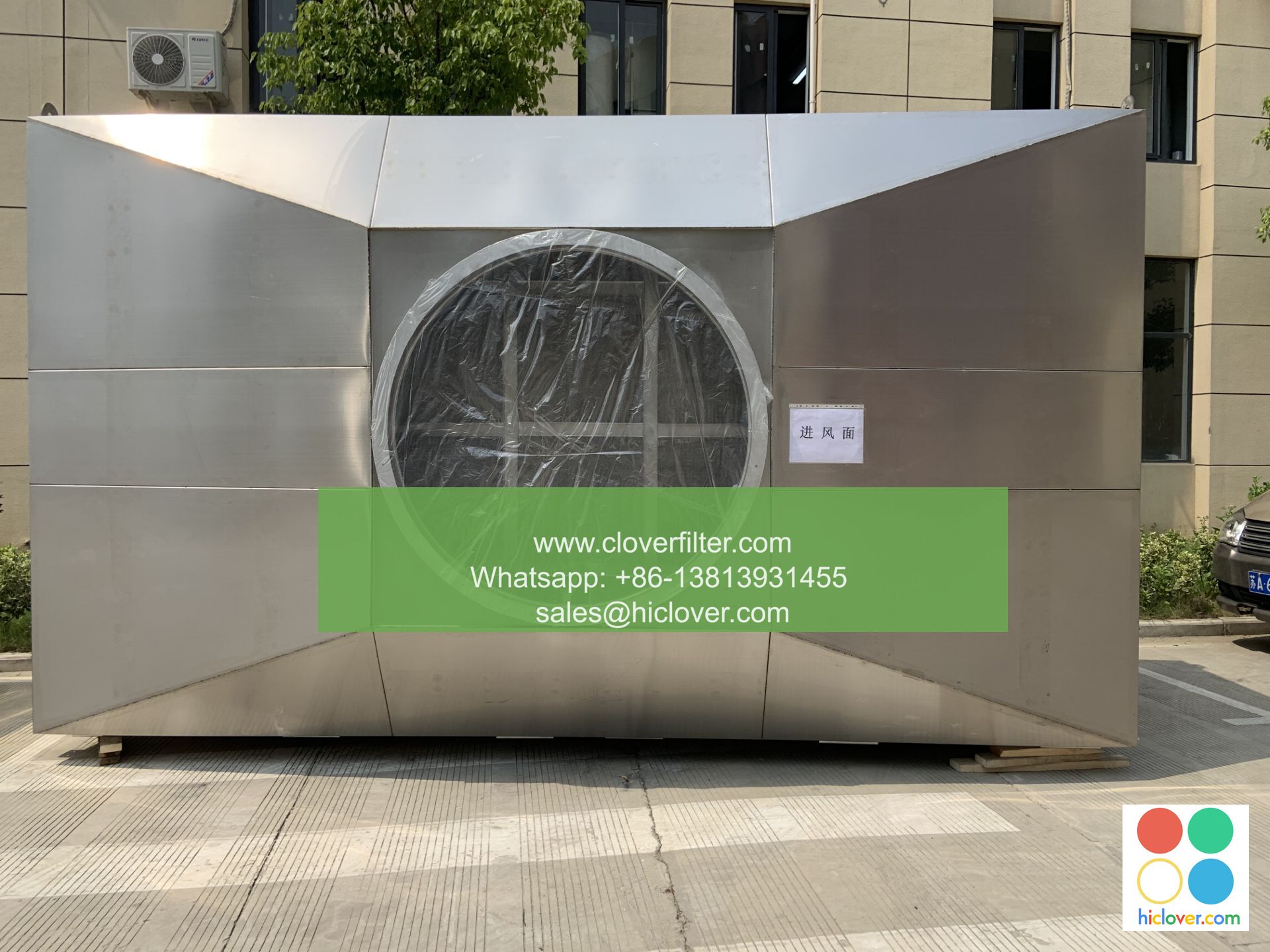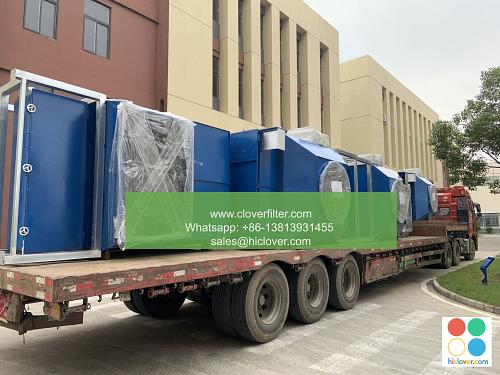HEPA Filter Standards: What They Mean for Your Health

Understanding HEPA Filter Standards: A Guide to Healthy Living
What are HEPA Filters?
High Efficiency Particulate Air (HEPA) filters are designed to capture airborne particles as small as 0.3 microns in size, including dust, pollen, pet dander, and other allergens. While not all HEPA filters are created equal, they are widely recognized as the gold standard for indoor air purification.
Understanding HEPA Filter Standards
HEPA filters are rated based on their ability to capture particles of a certain size. The most common rating system is the MERV (Minimum Efficiency Reporting Value) standard, which ranges from 1-16, with 16 being the highest. To put it simply:
- MERV 1-3: Basic household filters, suitable for general cleaning, but may not capture smaller particles.
- MERV 4-8: Good for general room cleaning and moderate air circulation, but may not be as effective for severe allergies or pollution.
- MERV 9-14: Recommended for severe allergy sufferers, as they capture smaller particles, including dust, smoke, and pet dander.
- MERV 15-16: The highest rating, ideal for hospitals, cleanrooms, and highly sensitive environments.
- Residential Use: Whole-house HEPA systems or portable units can purify indoor air, reducing allergen exposure and improving respiratory health.
- Commercial Spaces: MERV 13-16 filters are suitable for offices, hospitals, and healthcare facilities, where high levels of cleanliness and purification are crucial.
- Industrial Settings: HEPA filters are used in manufacturing, laboratories, and cleanrooms to maintain precise environmental conditions.
- Automotive: HEPA air purifiers can be installed in vehicles, providing a healthier and more comfortable driving experience.
- Reduced Allergy Suffering: HEPA filters capture allergens like dust, pollen, and pet dander, alleviating symptoms for those with allergies and asthma.
- Improved Respiratory Health: By removing airborne particles, HEPA filters can help reduce the risk of respiratory infections and diseases.
- Less Exposure to Pollution: HEPA filters can capture pollutants, viruses, and bacteria, creating a healthier indoor environment.
- Always check the MERV rating and manufacturer’s specifications when purchasing a HEPA filter.
- Consider combining HEPA filtration with other purification methods, like UV light or negative ionization, for enhanced benefits.
- Regularly maintain and replace your HEPA filter to ensure optimal performance.
Application Areas for HEPA Filters
Key Takeaways for Your Health
Conclusion
Investing in a HEPA filter with the right MERV rating for your specific needs can significantly impact your health and well-being. Whether for residential or commercial use, these filters are an essential tool in maintaining a clean, healthy, and safe environment. Always consider your specific needs and consult with a professional to determine the best HEPA filter for your situation.
Additional Tips:
It looks like you’re ready to get started! What would you like to talk about or ask for help with?


